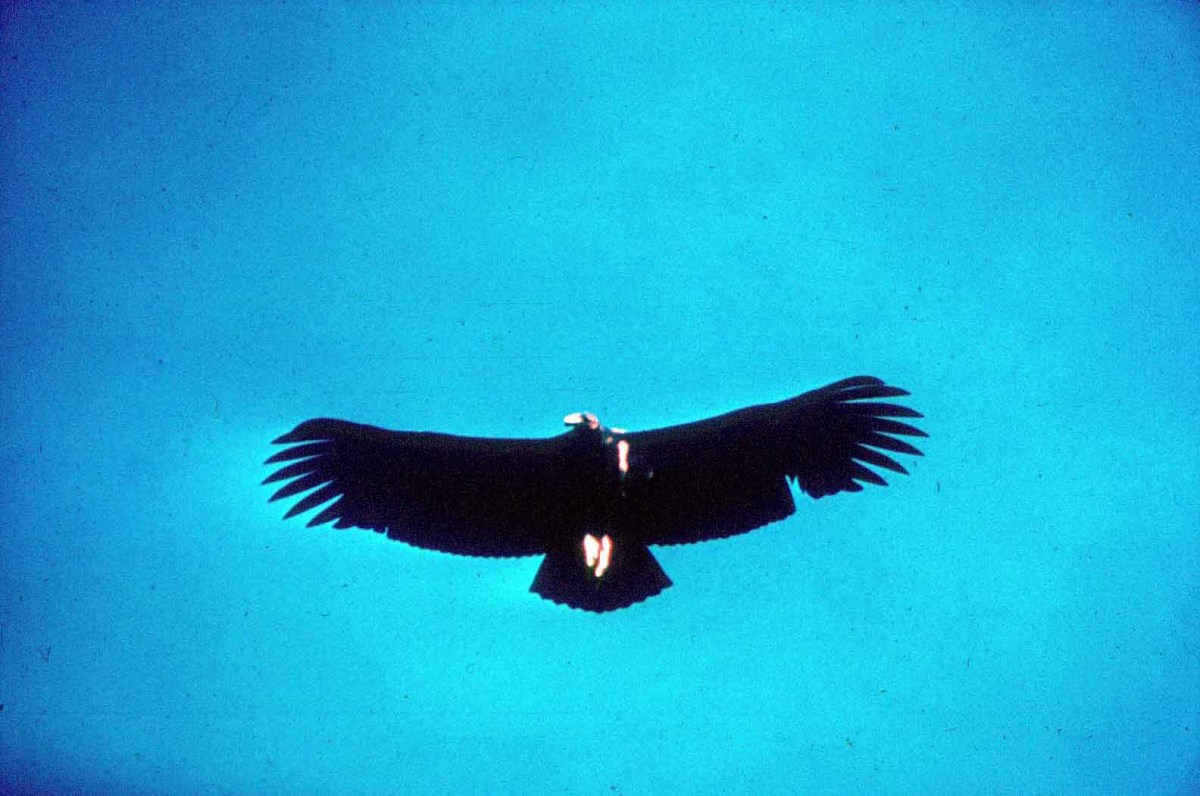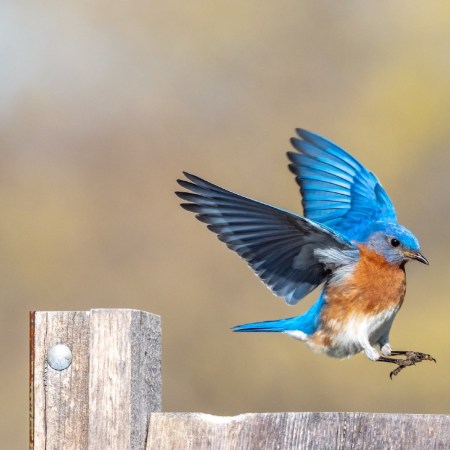Let’s talk about parthenogenesis for a moment. If you’ve heard the phrase “virgin birth,” you understand the basic concept. It’s something that comes up occasionally in different animals — including, alarmingly enough, sharks. But as it turns out, sharks aren’t the only advanced animals capable of giving birth without a male’s involvement. A new article at The Atlantic ventures into recent findings regarding the California condor — findings that might well upend how scientists view the reproductive process.
The article, by Sarah Zhang, centers around the discovery that two condors that had been born as part of a breeding program each shared 100% of their DNA with their mothers. (The breeding program is in effect because of the condor’s endangered status.) It was, as one geneticist phrased it, “this inexplicable data set.”
Unfortunately for the scientists who had made the discovery, both condors had died. But even based on limited amounts of data, some of what the scientists discovered lined up with observations made of other animals where parthenogenesis had occurred.
Notably, as Zhang writes, the two condors had health issues — something that’s come up across species when parthenogenesis occurs, though it’s not clear if this is a result of parthenogenesis or something else. Still, it’s another high-profile example of a phenomenon scientists are slowly understanding more and more about — and given the condors’ endangered status, it offers a unique way of helping a species rebound.
Thanks for reading InsideHook. Sign up for our daily newsletter and be in the know.


















